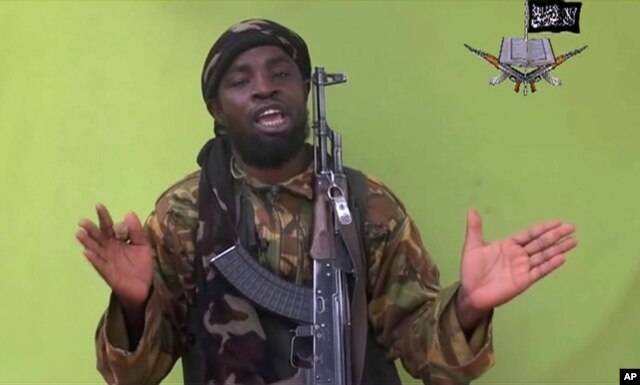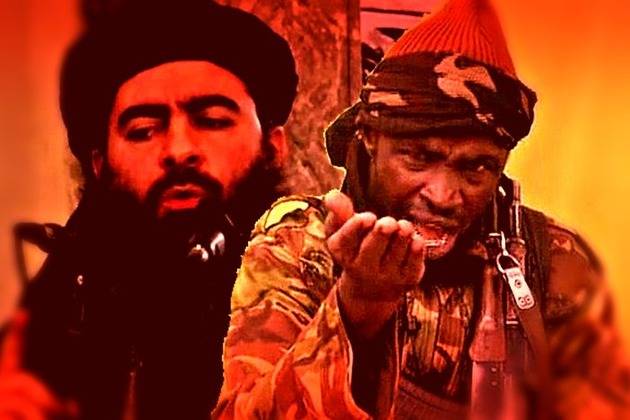1stRambo
Gold Member
- Feb 8, 2015
- 6,221
- 1,019
- 255
Yo, Boko Haram has reportedly pledged allegiance to Islamic State, and Ferguson Protesters? Is this correct?
Boko Haram pledges loyalty to Islamic State after Nigeria suicide bombs
"GTP"
"OBAMA IS DESTROYING AMERICA"
"I miss-read, my bad" but if the shoe fits?




Boko Haram pledges loyalty to Islamic State after Nigeria suicide bombs
"GTP"
"OBAMA IS DESTROYING AMERICA"
"I miss-read, my bad" but if the shoe fits?





